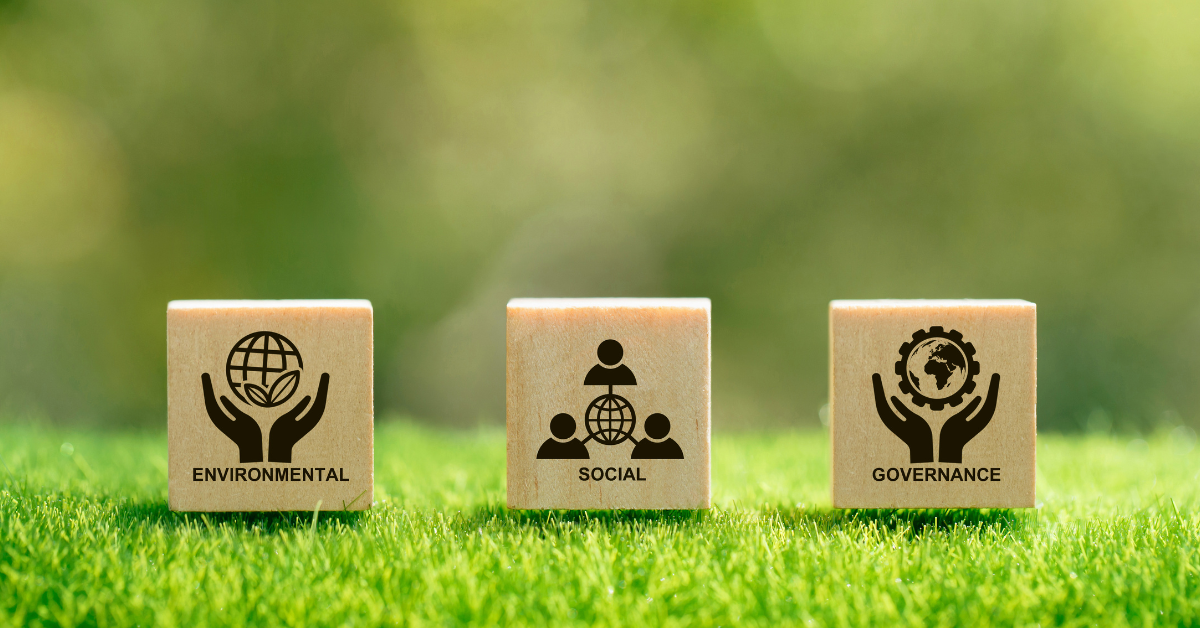
There is no sustainability strategy that can avoid considering what happens along a company's supply chain. In fact, we know that about 90% of a company's carbon emissions are generated along the supply chain. Despite this, while the number of companies measuring the direct impacts of their operations is increasing, there are still few that measure the impacts associated with everything that happens along the supply chain. This situation is often generated by an undefined and unstructured approach to measuring ESG performance, including unclear governance and accountability, as well as the failure to monitor relevant KPIs. However, failure to monitor supply chain sustainability often comes from the scale of the project. Large companies, for example, are often characterized by long and complex supply chains, which make assessing suppliers’ ESG performance a huge challenge. That is why when it comes to a sustainable supply chain, it is important to rely on the right partners who can help the company deal with all these complexities.
Sustainable supply chain, why ESG matter
To consider a product and a company sustainable, it is necessary to look at everything that happens upstream and downstream in its supply chain. Aspects to be evaluated are therefore many, such as:
- The sustainability of the processes inherent in the sourcing of raw materials, from their extraction (thus the impact on the territory, but also the conditions of the workers employed), to all the processes that bring them to the company's plant;
- The sustainability of suppliers involved in all plant operations;
- The sustainability of all logistic processes along the supply chain;
- The sustainability of the waste management processes.
These issues, while critical for companies of all sizes, can be particularly challenging for large organizations, as they often have very articulated and long supply chains that involve many suppliers across the globe. In addition, while it may be relatively easy to assess the sustainability of direct suppliers, the organizations involved in their supply chain must also be taken into consideration.
Sustainable supply chain, how to choose the right partner
How can then a company succeed to untangle this yarn? The technology solutions and partners chosen are critical to the success of this process. There are, in fact, several ESG solutions that help companies assess both the sustainability of their business model and of their suppliers.
The choice of partners is crucial because in order to create truthful assessment models, it is necessary, first of all, to have a sufficient amount of data, which must be up-to-date. It is also important that these solutions are based on internationally recognized standards, which allows companies to assess their supply chain performance according to shared metrics.
While a standardized approach is essential, it is also necessary to consider the different regulatory requirements for a sustainable supply chain, which can vary both depending on the country where the company operates and on the industry in question.
How to build a sustainable supply chain with the right ESG partner
The result of this analysis, moreover, should allow a detailed, yet intuitive, assessment and evaluation of suppliers' ESG performance, as well as allowing performance of different companies to be compared, in order to choose the right partner.
Monitoring the performance is, moreover, an essential aspect since sustainability is a daily commitment that must continually engage companies. This is another reason why it is important to rely on partners who are not only dedicated to providing a "one-off" certification, but who base their activities on up-to-date databases and, starting from the assessment, are able to guide companies in deploying improvement strategies regarding a sustainable supply chain.



